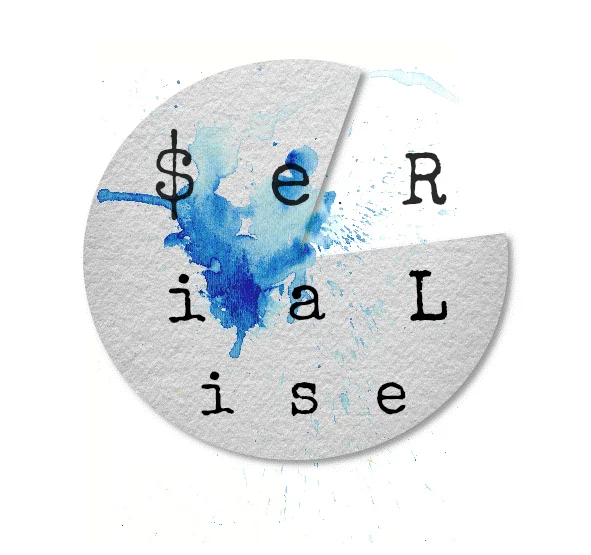It was an overcast and strangely dark summer's afternoon in what must have been early September, nineteen ninety-four or ninety-five; that point in the season at which nature seems to have become weary and bloated; little of her bounty left to give, one keen eye for the festival's end and the impending rest.
The still air was warm and heavy with moisture. The darkness was on account of gathering clouds overhead, leaden grey, and in the distance - where pregnant clouds had assembled some time before - there came the sound of thunder. It was was a relief in some ways; the atmosphere, tense and brimming with impending turmoil, had all afternoon oppressed me. Soon the tension would break.
I was in the woods, and had been for some hours, strolling aimlessly. This section of the woods, which was new to me, was readily distinguishable by the trees which comprised it - tall, straight birches; not an oak nor a beech in sight - and the flat carpet of moss, punctuated at regular intervals with bulbs by then in flower. What were they? I don't recall. Certainly they were not splendid - dog violets, perhaps.
Taken as a whole this section of wood constituted a relatively narrow strip of trees between a cornfield on one side, which rolled quite steeply away uphill and which was bordered by a wire fence and rusting ploughshares, and on the other side the gardens of some houses which were themselves hemmed in by trees and hidden from the view of a road beyond. Sometimes, when it was extremely quiet, you could hear the noise of traffic in that sylvan isthmus - intermittent vehicles speeding from the nearby town, down into the sleepy farmland hamlets. But there were no cars journeying by during that first visit, and so between the irregular peals of thunder there was silence.
Silence and a mottled, halfway darkness.
What struck me, other than the curious blandness of the woods, were two objects now drawing into sight as I walked closer: a swing seat and a bus stop sign.
There they stood in the leaf litter, adjacent to one another and appointed just as if they had been curbside on the quiet road a half-mile in the distance. The swing seat was a little rusted, I discovered, but mechanically quite sound, and comfortable. I sank a little into the cushions, and saw woodlice scuttling from the creases I had made. The cushions and the fabric of the roof were not mouldy, although the floral pattern was very faded.
What was it doing there? Who had gone to the trouble of placing garden furniture in this unassuming, unattractive strip of woodland? Being under a canopy of trees there was little in the way of sun to obscure, and the only semblance of a view lay behind it with the cornfield - except the field's gradient, and the barbed wire fence meant there was little at all to see other than silhouettes against a yellowish background. The view in the other direction, in which the swing seat faced, comprised a dozen or so birch trees, a long ditch, and a little way further the peeling wooden fences of the gardens beyond.
And the bus stop sign made just as little sense. Suffice to say, there was no road running through the woods. Neither was there evidence of a road there long since abandoned, hidden beneath the leaves. Although of course, even had there been telltale contours of a road fallen into disuse, the sign was far too pristine to have belonged to another era. It was a year or two old, at most, judging by the advance of rust along the perimeter of its round red face.
It was not fly tipping - that much I knew. Fly tippers do not carry their refuse deep into the woods. It defies the logic of their misbehaviour: conservation of effort. Moreover, fly tippers would not carefully arrange their abandoned articles to resemble a mangled roadside scene, dislocated in some unremarkable stretch of woodland.
All in all, I concluded, it was just a silly joke. There was no purpose or function to it, other than surrealism of the pointless - and unmistakably disturbing - Lewis Carroll variety, like an elaborate and inviting door which opens onto a brick wall, or wind chimes anchored to the floor with guy-ropes.
And more than that, it was a private joke. Those woods were empty, I confirmed in dozens of subsequent trips. No-one but me ever came here, and why should they? There was nothing to see or do, and these woods led nowhere else; they were a journey's end.
And then, a telltale thundering signalled the coming of the rain. Water began hissing on the birch canopy, and dribbled down. Of course, I was sheltered in the swing seat, and I swung gently back and forth to my heart's content, watching the silver droplets ploughing up the leaf litter, listening to the steady hiss and the quiet squealing of the rusty chain.
There I swung, watching the rain and waiting. I have returned to those woods many times and waited many happy hours in rain, shine and even snow. It never comes, the bus.
